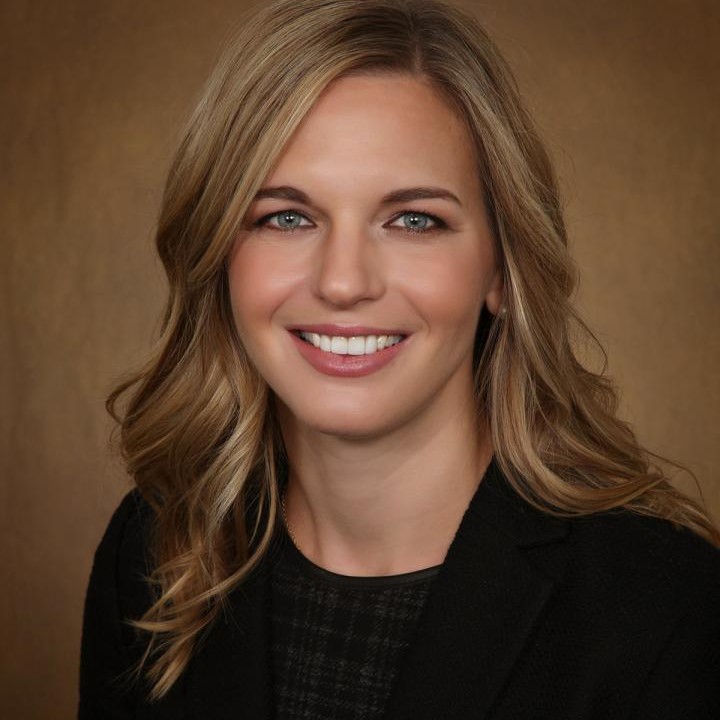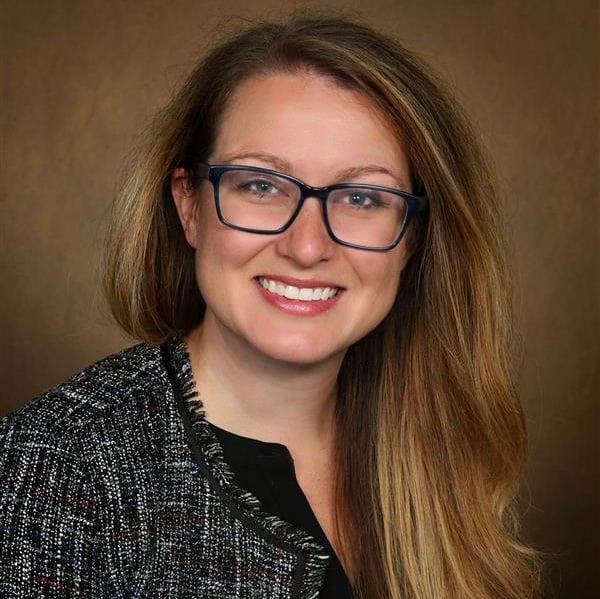Of all the lessons she learned during the eight-week Medical Student Summer Research Program (MSRP), Rose Castle, a rising second year at the University of Colorado School of Medicine who is interested in pursuing general surgery, drew her main takeaway outside the operating room.
Castle worked with mentor Thomas Robinson, MD, professor of surgery in the Division of GI, Trauma, and Endocrine Surgery and chief of surgery at the Rocky Mountain Regional VA Medical Center, on research considering different variables that could impact a surgery patient's post-operative recovery. What Castle learned, she says, is “how you can improve surgical outcomes from outside the OR, and in a patient-centered approach.”
Castle was one of 14 medical students who participated in the summer research program, working with mentors from the Department of Surgery on projects to engage with the full scope of the research process, from learning how to ask scientific questions to planning projects, producing abstracts, giving oral presentations, and writing manuscripts.
“We identified this opportunity to create more structure for medical students to achieve a couple of goals,” says Nicole Christian, MD, assistant professor of surgery and associate program director of the General Surgery Residency Program. “It’s an opportunity to learn the process of scholarly activity and how to take a research project from question to completion. It’s also an introduction to surgery.
“We see these students from across the country doing really incredible things, and we want to create more opportunities for our students to be academically productive and also get exposure to some clinical activities,” Christian adds.
Curriculum designed to give students broad range of experience
The program is the brainchild of Sarah Tevis, MD, assistant professor of surgery, who grew it from the experience she had mentoring an undergraduate student three summers ago.
“She only had eight weeks to spend with us, so we wrote out what we would need to do to help get her through her research project,” Tevis explains. The student began with learning how to do a literature review and present the results, and progressed through the steps of the research process to writing and presenting a paper.
Tevis had the idea to expand the curriculum she’d established for her mentee to a summer program for medical students to immerse in the research process with a Department of Surgery mentor. The curriculum also includes lectures and clinical observation, which could happen in-person this year. Tevis credits Department of Surgery Chair Richard D. Schulick, MD, MBA, FACS, for supporting the program and encouraging its expansion to include a symposium and guest speaker this year.
“Students participate in didactic sessions that are taking a research project from conception to completion, how to do a literature review, how to write a manuscript,” Christian says. “It also incorporates things like attending tumor boards, and a mortality/morbidity conference, plus it’s an opportunity for students to clinically see what the profession is really like.”
The program gives priority to rising second-year students during the admission process. At the end of the eight-week program, students give an oral or poster presentation at the Summer Student Research Symposium, which was held virtually on August 2.
“The opportunity to present at the MSRP symposium was the first formal platform I have been given and was the perfect setting to practice before taking on a larger conference,” Castle says.
Symposium speaker encouraged students to cultivate gratitude
This year’s symposium was special, Tevis says, because it featured keynote speaker Brenessa Lindeman, MD, MEHP, assistant professor of surgery and associate designated institutional official for the clinical learning environment at the University of Alabama at Birmingham.
She spoke candidly about the challenges of work-life balance and the multifaceted stresses that may accompany pursuing a career in surgery.
“Maybe you find that you have difficulty relaxing, a hard time allocating time for family or loved ones,” Lindeman said. “Maybe you feel often like you’re not doing enough and you may not set healthy boundaries. This has been described as the triad of compulsiveness. It’s a cycle of doubt and guilt and exaggerated sense of responsibility.”
While Lindeman acknowledged that there are no easy answers or fixes, she encouraged the students to build a daily practice of gratitude stemming from mindfulness, beginning each day with gratitude for five people in their lives for whom they feel gratitude for broad-ranging reasons.
Following her address, each of the MSRP participants gave presentations on research topics ranging from how delays in surgery affect melanoma outcomes to patient comprehension of breast pathology report terminology, opportunities for improvement in patient-reported outcome measures in a burn clinic, and optimizing outcomes in recurrent UTIs in renal transplant recipients. MSRP participant Rabbia Imran won best oral presentation and Hannah Kyllo won for best poster.
“A goal of the program is that students will present their research at a conference,” Christian says. “So most students will continue working with their mentors into the fall semester.”
For Castle, that means continuing to research the use of new walking aids on ambulation levels at one month following an elective inpatient operation. And while the research experience has been extremely meaningful, she says, “the chance to work so closely with such impressive physicians, such as my mentor Dr. Robinson and my small group leader Dr. Tevis, was so inspiring toward my future goals and aspirations.”
For more information about the MSRP, contact Kathleen Tuthill, director of education in the Department of Surgery, at kathleen.tuthill@cuanschutz.edu.





.png)
